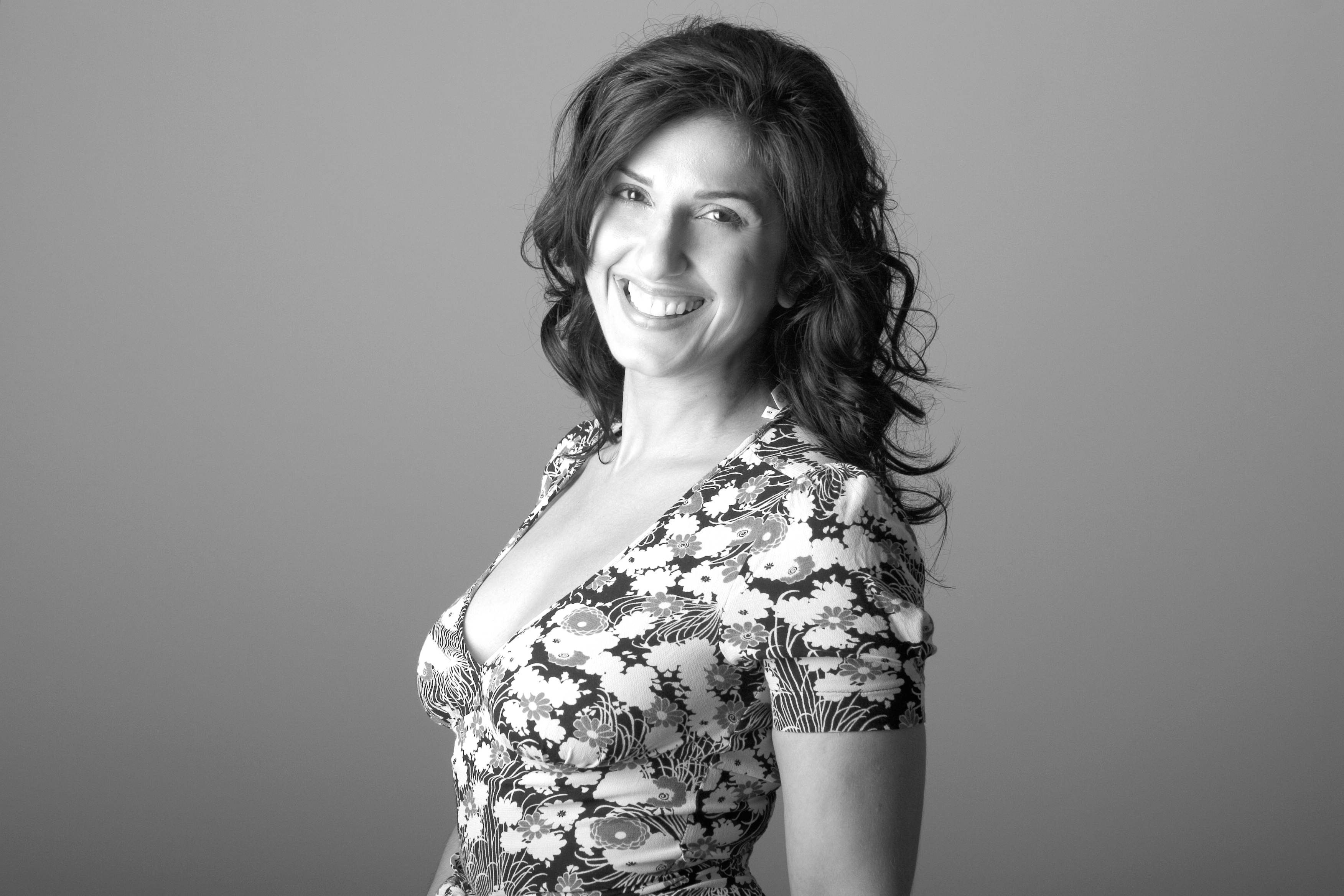 Dorit Rabinyan – Photo by Sharon Deri
Dorit Rabinyan – Photo by Sharon Deri Dorit Rabinyan was born in Kefar-Saba, Israel and wrote her first novel, Persian Brides, at age twenty one. An award-winning international bestseller translated into ten languages, Persian Brides established her as the voice of a new generation in Israel. Rabinyan won the Israeli Film Academy Award for best television drama of 1997 for Shuli’s Fiancé, and the Eshkol Prize for her second novel, Strand of a Thousand Pearls. She lives in Tel Aviv.
The following exchange will focus on Rabinyan’s book All the Rivers (Random House, 2017), a controversial novel that tells the story of an affair between an Israeli woman and a Palestinian man.
***
Dear Dorit,
All the Rivers is the title of your novel. Borderlife is the title of a scandal you were involved in. For those of my readers who might not remember the story, let me recap it: last year, Israel’s Ministry of Education decided not to include your bestselling novel Borderlife on its list of required reading for the matriculation exams. The decision was not unordinary, but the reasoning given for it was indeed different: “Marrying a non-Jew is not what the education system wishes to endorse.” That is, because Borderlife chronicles a love story between a Jewish (Israeli) woman and a Muslim (Palestinian) man.
Let me begin our exchange by asking you the following three questions:
1. Did you choose the name All the Rivers for the English translation (and not stick with Borderline) in the hope that people will connect with your book rather than focus on the scandal?
2. Do you think it is even possible to read your book today without the intrusive presence of the scandal associated with it?
3. And here is a somewhat vaguer question: are your main characters, Liat the Israeli and Hilmi the Palestinian, aware of the fact that their love story was deemed unfit for schoolchildren in Israel – and if they are, how has this awareness changed them?
Best,
Shmuel
***
Dear Shmuel,
Replacing the title with All the Rivers had nothing to do with that scandal. Borderlife was a working title that I was never quite satisfied with. Though it did capture the theme of boundaries I develop throughout the book, that title wasn’t poetic enough for my taste. When Will Murphy, my editor at Random House, suggested All the Rivers, I immediately loved it for its elegant resonance of the sea. It echoes the sea without actually mentioning it, very much like the book does: The Mediterranean plays a major role in the book, as it does in the lives of the characters and the myths they grew up on. Above all, it folds the unconsciousness – where all rivers of our fears and our desires run to. And by “our” I refer to both Israelis and Palestinians.
Regarding the second question – I do believe my literary work stands on its own merits and hope it will be effective for the English reader, regardless of the political scandal it caused in Israel. The Ministry of Education report came out 18 months after the book was published in Hebrew and was very well-received by my local readership. Yet if this notorious labeling by the Israeli government ironically adds appeal to the book and leads the curious reader to open the book’s cover, it is then my job to keep him or her reading. For instance, readers in Italy chose All the Rivers as one of their ten favorite novels of 2016 – This cannot be credited to the book ban, but to my story’s strengths. Writing, very much like reading, is a very intimate and personal space. Nowadays politics occupies our minds far too much to let it interrupt our enjoyment of literature too.
As to the third question – needless to say, I didn’t address my writing to young readers and obviously never had the consideration of ‘Will it or will not it not be taught in literature classes’ in my mind. Now, with respect to the “what if” scenario: not only do I find awareness to be the worst enemy of the novelist’s craft, but in this story in particular it’s my characters’ over-awareness to what their love story in New York might generate back home that formulates their relationship as a hidden secret. Defining it as a fantastic adventure is the first condition that allows them to create this symbiotic universe of just them two. Awareness such as you’re suggesting would have been a pouring, disastrous rain on their fragile sandcastle. It’s the demon they are fighting to chase away.





















 More news and opinions than at a Shabbat dinner, right in your inbox.
More news and opinions than at a Shabbat dinner, right in your inbox.